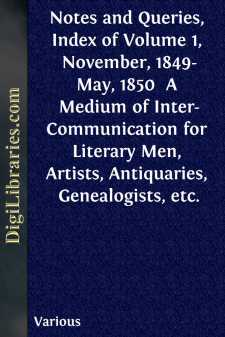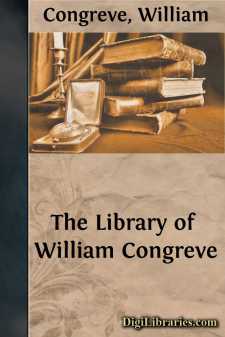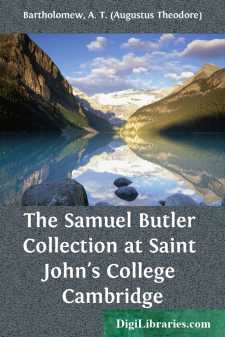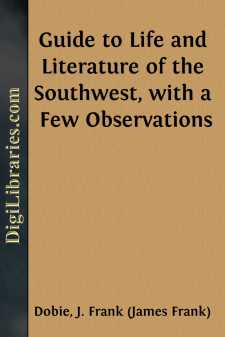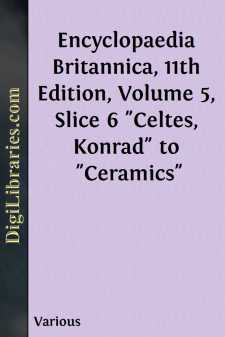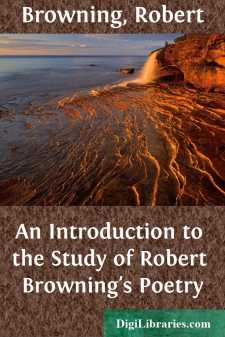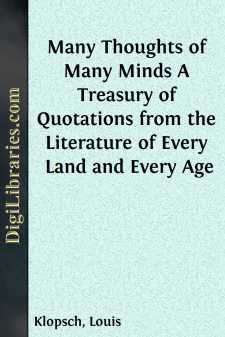Reference
- Atlases 1
- Bibliographies & Indexes 10
- Catalogs 55
- Dictionaries 1
- Encyclopedias 43
- Etiquette 14
- Handbooks & Manuals 19
- Heraldry 2
- Quotations 9
Reference Books
Sort by:
by:
Various
A. Abbey of St. Wandrille, 382. 486.Abdication of James II., 39. 489.Aberdeen, Burnet prize at, 91.Aboriginal chambers near Tilbury, 462.A.(B) on emancipation of the Jews, 475.Accuracy of references, 170.Addison's books, 212.Adolphus on a recent novel, 231.Advent bells, 121.Adversaria, 73. 86.Aelfric's colloquy, 168. 197. 232. 248. 278.Aelian, translation of, 267. 284.A.(F.R.) on...
more...
by:
Various
INITIALS USED IN VOLUME VII. TO IDENTIFY INDIVIDUALCONTRIBUTORS, WITH THE HEADINGS OF THEARTICLES IN THIS VOLUME SO SIGNED.A. B. F. Y.Alexander Bell Filson Young.Formerly Editor of theOutlook. Author ofChristopher Columbus;Master-singers;The Complete Motorist;Wagner Stories; &c.{Dance(in part).A. Bo.*Auguste Boudinhon, D.D., D.C.L.Professor of Canon Law in the Catholic University of Paris. Honorary...
more...
by:
William Congreve
INTRODUCTION When William Congreve died in 1729 he left a collection of books which his old friend and publisher, Jacob Tonson, described (in a letter preserved at the Bodleian) as “genteel & well chosen.” Tonson thought so well of the collection that he urged his nephew, then his agent in London, to purchase Congreve’s books. But Congreve had willed them to Henrietta, the young Duchess of...
more...
I. PICTURES, SKETCHES AND DRAWINGSBY OR RELATING TO SAMUEL BUTLER By his will Butler bequeathed his pictures, sketches, and studies to his executors to be destroyed or otherwise disposed of as they might think best, the proceeds (if any) to fall into residue. They were not sold: some were given to Shrewsbury School; some to the British Museum; one, an unfinished sketch of the back of the house in...
more...
A Preface With Some Revised Ideas IT HAS BEEN ten years since I wrote the prefatory "Declaration" to this now enlarged and altered book. Not to my generation alone have many things receded during that decade. To the intelligent young as well as to the intelligent elderly, efforts in the present atmosphere to opiate the public with mere pictures of frontier enterprise have a ghastly unreality....
more...
by:
Various
CELTES, KONRAD (1459-1508), German humanist and Latin poet, the son of a vintner named Pickel (of which Celtes is the Greek translation), was born at Wipfeld near Schweinfurt. He early ran away from home to avoid being set to his father’s trade, and at Heidelberg was lucky enough to find a generous patron in Johann von Dalberg and a teacher in Agricola. After the death of the latter (1485) Celtes led...
more...
by:
Robert Browning
My dear Dr. Corson, I waited some days after the arrival of your Book and Letter, thinking I might be able to say more of my sense of your goodness: but I can do no more now than a week ago. You "hope I shall not find too much to disapprove of": what I ought to protest against, is "a load to sink a navy—too much honor": how can I put aside your generosity, as if cold justice—however...
more...
A mission chair suitable for the dining room can be made from any one of the furniture woods to match the other articles of furniture. The materials can be secured from the planing mill dressed and sandpapered ready to cut the tenons and mortises. The material list can be made up from the dimensions given in the detail drawing. The front legs or posts, as well as the back ones, are made from 1-3/4-in....
more...
by:
Various
(Lat. _conventio_, an assembly or agreement, from _convenire_, to come together), a meeting or assembly; an agreement between parties; a general agreement on which is based some custom, institution, rule of behaviour or taste, or canon of art; hence extended to the abuse of such an agreement, whereby the rules based upon it become lifeless and artificial. The word is of some interest historically and...
more...
by:
Louis Klopsch
Many Thoughts of Many Minds. Ability.—No man is without some quality, by the due application of which he might deserve well of the world; and whoever he be that has but little in his power should be in haste to do that little, lest he be confounded with him that can do nothing.—Dr. Johnson. We judge ourselves by what we feel capable of doing, while others judge us by what we have already...
more...


